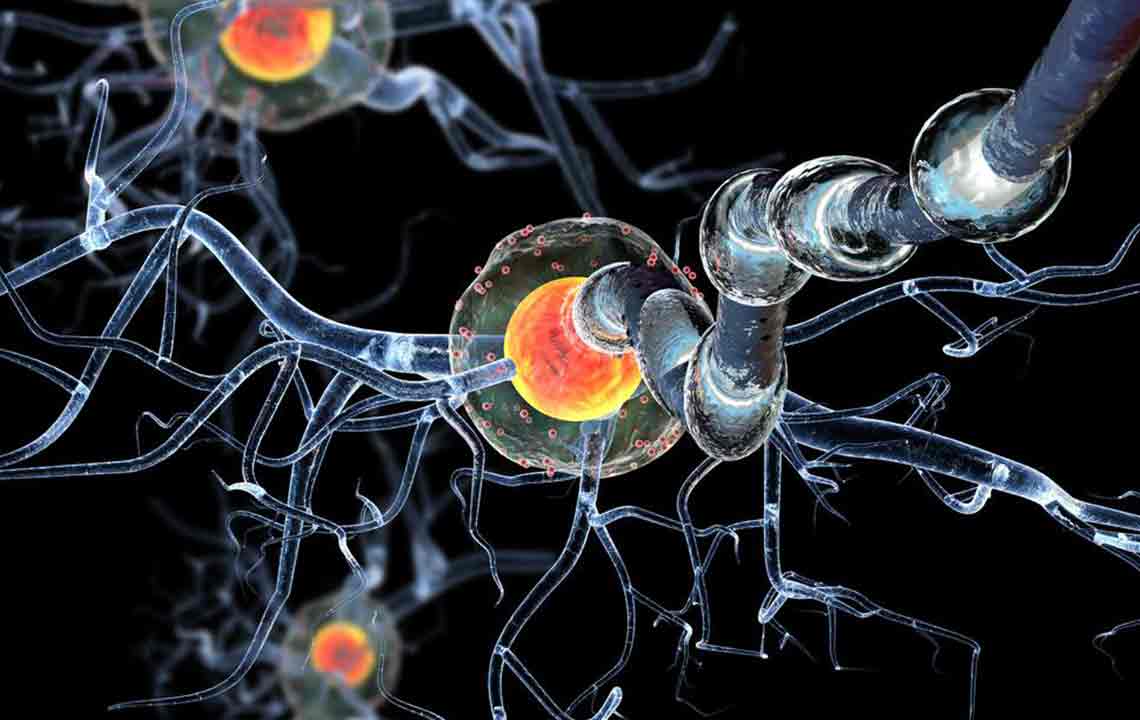Understanding Huntington's Disease: Key Facts and Insights
Huntington's disease is an inherited neurodegenerative disorder affecting mental and physical health. Usually emerging between ages 30 to 50, it leads to progressive decline with no current cure. Symptoms include involuntary movements, mood swings, and cognitive impairment. Management involves medications and therapies to alleviate symptoms and improve quality of life. Awareness and early diagnosis are crucial for better care. The disease impacts all demographics, emphasizing the importance of genetic counseling and ongoing research for effective treatments.

Understanding Huntington's Disease: Key Facts and Insights
Huntington’s disease is a rare inherited disorder that results in the gradual deterioration of nerve cells in the brain, often leading to severe health consequences. It typically manifests between ages 30 to 50 and progressively worsens over 10 to 15 years, affecting both mental and physical functions. Currently, no cure exists, but symptoms can be managed with medications and therapies. About 30,000 people in the U.S. have symptoms, with over 200,000 at risk. The disease impacts all races and genders, with symptoms resembling Parkinson’s and Alzheimer’s.
Common signs include personality changes, mood swings, depression, memory issues, unsteady movements, slurred speech, difficulty swallowing, and unexplained weight loss. The disease progresses in three stages: early, middle, and late. Early signs involve subtle coordination problems and emotional shifts; middle stages include involuntary movements and speech difficulties; late stages see dependence on caregivers, loss of mobility, and increased risks of complications like pneumonia. Proper diet and medications can help mitigate some symptoms.
While no cure exists, treatments focus on symptom relief. Medications can reduce involuntary movements, depression, and other symptoms. Therapies such as speech, occupational, and physical therapy assist patients through their disease progression. Ongoing research continues to seek effective treatments for this devastating condition.
Note:
This article offers comprehensive insights into Huntington’s disease to enhance understanding. It is important to consult healthcare professionals for accurate diagnosis and personalized treatment plans. The information provided is for educational purposes and may not include all available options or latest advancements. Always seek expert medical advice for health-related concerns.










